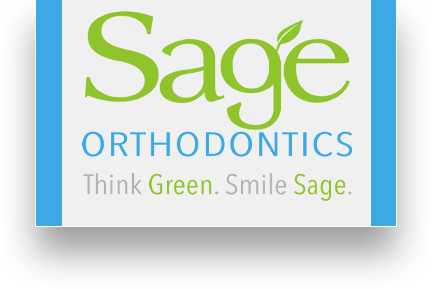In the field of orthodontics, achieving a straight and beautiful smile has become more discreet and convenient than ever before. Clear aligners have emerged as a popular alternative to traditional braces, providing an effective solution for those seeking to improve the alignment of their teeth without the visibility of brackets and wires. Sage Orthodontics, located at 1700 E. Centre Ave., Portage, MI 49002, specializes in offering personalized orthodontic solutions, including clear aligners, to meet individual needs.
One of the primary advantages of clear aligners is their transparency. These custom-made trays are designed to fit snugly over the teeth, making them hardly noticeable. This discreet nature appeals to individuals of all ages, particularly adults and teens who may feel self-conscious about wearing traditional braces. Clear aligners allow patients to maintain their confidence while undergoing orthodontic treatment.
Another significant benefit of clear aligners is the comfort they provide. Unlike braces, which can cause irritation to the gums and cheeks, aligners are made from smooth plastic, reducing the likelihood of discomfort. This ensures a more comfortable experience throughout the treatment process, allowing individuals to focus on their daily activities without distraction.
Additionally, clear aligners offer remarkable convenience. They can be easily removed for eating, brushing, and flossing, promoting better oral hygiene during treatment. Patients can enjoy their favorite foods without restrictions, making it a flexible option for various lifestyles. With clear aligners, achieving a straighter smile does not require compromising daily habits.
Sage Orthodontics uses advanced technology to create a personalized treatment plan for each individual. The team utilizes high-quality materials and the latest techniques to ensure optimal results. This focus on patient care and advanced orthodontic solutions has garnered positive reviews from satisfied clients. One recent review highlighted, “The staff at Sage Orthodontics are incredibly knowledgeable and supportive. The clear aligners worked perfectly for me, and I couldn’t be happier with my new smile!”
For those considering clear aligners, it is essential to choose a skilled orthodontist who can effectively guide the treatment journey. Sage Orthodontics stands out as a premier option in Portage, providing tailored services and exceptional customer support. Interested individuals can learn more about the offerings and schedule an appointment by visiting Sage Orthodontics.
Ultimately, clear aligners are an effective and discreet alternative to traditional braces. They offer comfort, convenience, and flexibility, making them an appealing choice for anyone looking to enhance their smile. If there are any questions or thoughts about clear aligners, reaching out to Sage Orthodontics can provide valuable insights and guidance.
With a focus on patient satisfaction and high-quality orthodontic care, Sage Orthodontics is committed to helping individuals achieve their smile goals. For more information or to schedule an appointment, do not hesitate to contact Sage Orthodontics and take the first step towards a beautiful smile. Schedule an appointment today.
The information provided on this website is for general informational purposes only and is not intended as professional advice. While efforts are made to ensure the accuracy of the content, no liability is assumed for any harm or misunderstandings that may result from the use of this information. This disclaimer applies to all content published on this website.

